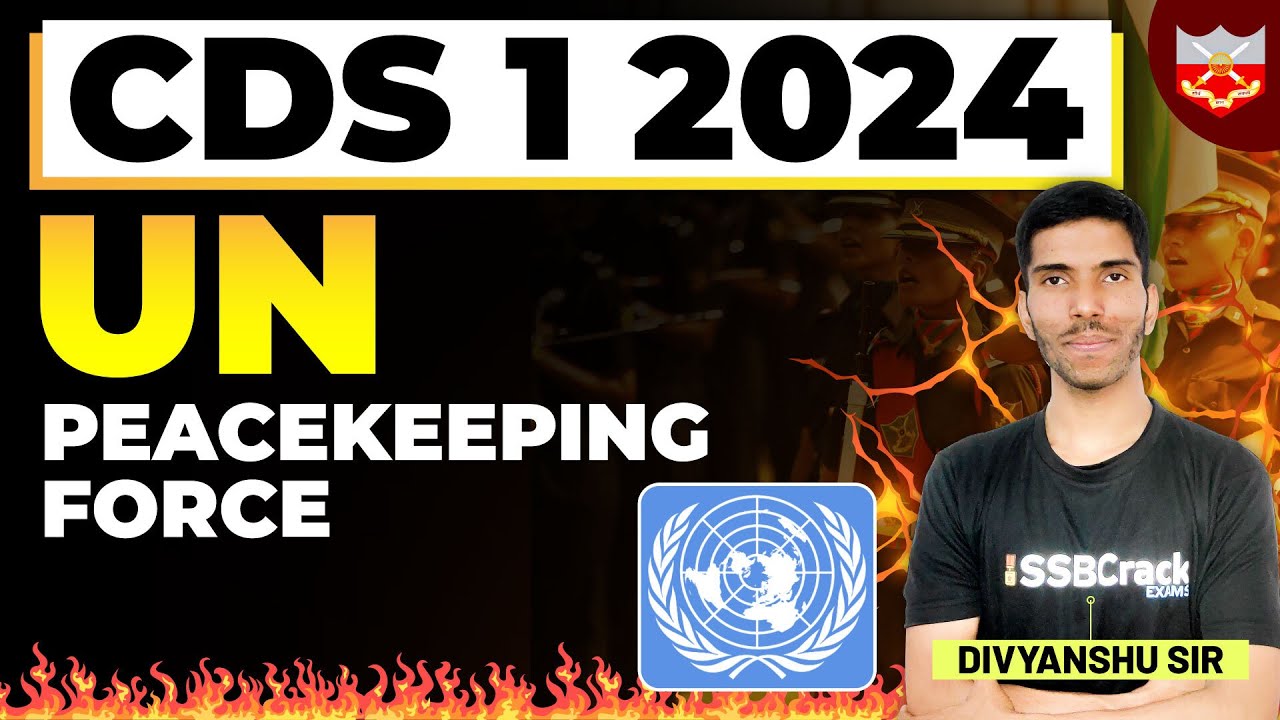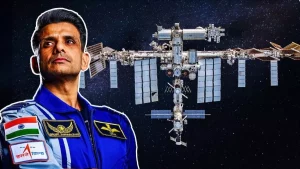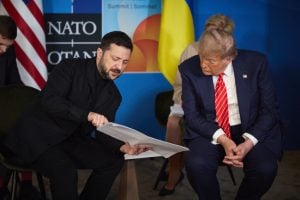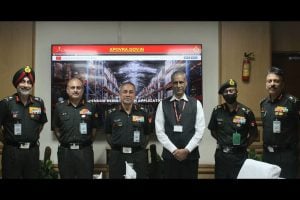The United Nations (UN) Peacekeeping Forces play a crucial role in maintaining peace and stability in conflict zones around the world. This article explores the history, functions, and significance of UN peacekeeping operations.
CDS 1 2024 UN Peacekeeping Force Lecture
History of UN Peacekeeping: The concept of UN peacekeeping emerged after World War II, with the aim of preventing conflicts and promoting peaceful resolutions. The first UN peacekeeping mission was deployed in 1948 to monitor the ceasefire between Israel and its Arab neighbors.
Functions of UN Peacekeeping Forces:
- Conflict Prevention and Resolution: UN peacekeepers are deployed to prevent conflicts from escalating and to facilitate negotiations for peaceful resolutions.
- Peacekeeping and Peacebuilding: They help maintain peace in post-conflict areas by monitoring ceasefires, disarming combatants, and supporting the rebuilding of institutions.
- Humanitarian Assistance: UN peacekeepers provide humanitarian aid, such as food, shelter, and medical assistance, to civilians affected by conflicts.
- Protecting Civilians: One of the primary roles of UN peacekeeping forces is to protect civilians, especially vulnerable groups such as women and children, from violence and human rights abuses.
- Supporting Democratic Processes: They support democratic processes, including elections and political transitions, to ensure the stability and legitimacy of governments.
Significance of UN Peacekeeping:
- International Cooperation: UN peacekeeping operations involve contributions from member states worldwide, demonstrating international cooperation and solidarity.
- Conflict Resolution: They contribute to resolving conflicts and preventing the spread of violence, which is essential for regional and global security.
- Humanitarian Impact: UN peacekeepers save lives by providing essential services and protection to civilians in conflict-affected areas.
- Diplomatic Efforts: They support diplomatic efforts by creating space for negotiations and dialogue among conflicting parties.
- Peacebuilding and Development: UN peacekeeping missions support long-term peacebuilding and development efforts by promoting reconciliation, good governance, and sustainable development.
Challenges and Criticisms: Despite their important role, UN peacekeeping forces face challenges such as limited resources, political constraints, and security risks. Critics argue that they sometimes struggle to effectively address complex conflicts and may face allegations of misconduct or lack of accountability.
Conclusion: UN Peacekeeping Forces play a vital role in maintaining peace and security globally. Their efforts contribute to conflict prevention, humanitarian assistance, and peacebuilding, highlighting the importance of international cooperation in addressing global challenges.






















